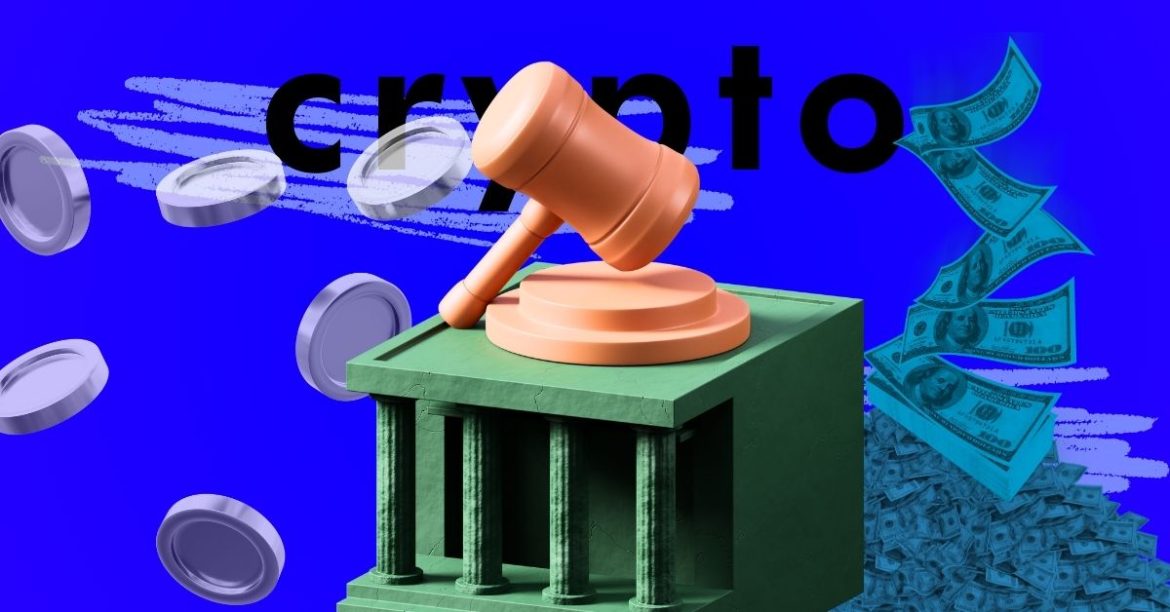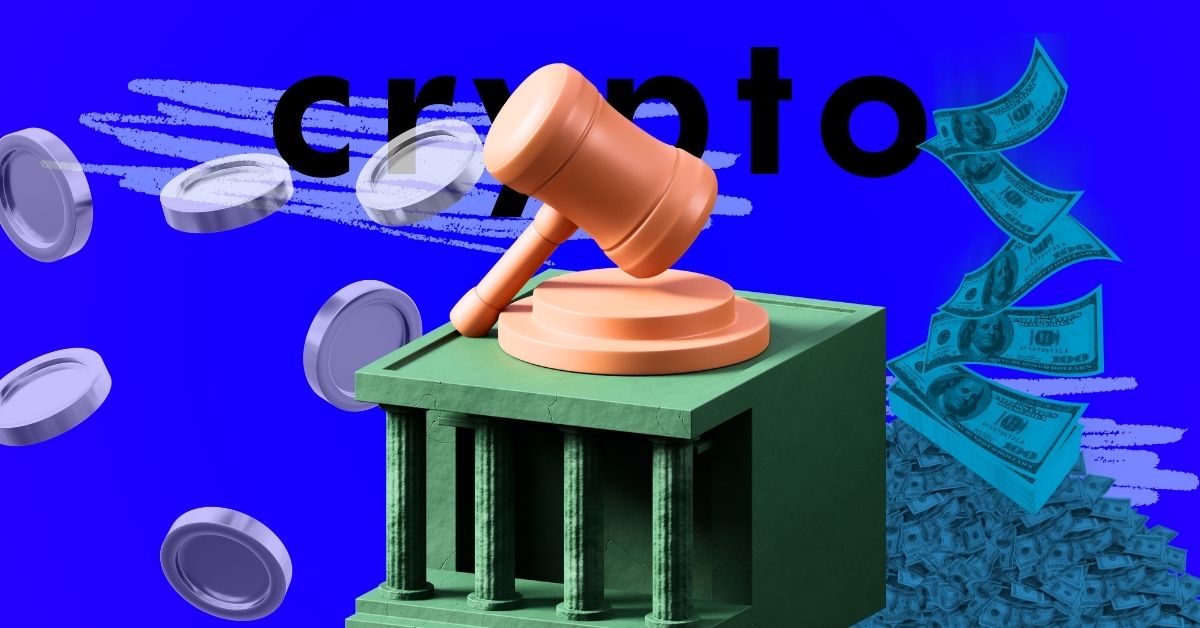Analyzing the Genesis Lawsuits Against Digital Currency Group and Barry Silbert: A Deep Dive into Allegations and Implications
—
Introduction: Unraveling a Crypto Collapse
The cryptocurrency world, often hailed for innovation and disruption, has witnessed some of its most dramatic failures in recent years. Among these, the saga of Genesis Global Capital’s bankruptcy and subsequent legal battles stands out as a defining episode of alleged corporate mismanagement and alleged fraud. Genesis, a prominent crypto lending firm, has initiated two major lawsuits against its parent company, Digital Currency Group (DCG), and its CEO, Barry Silbert, seeking to reclaim billions of dollars lost during a turbulent financial collapse. This report dissects the factual landscape of these lawsuits, the accusations laid out, and their broader repercussions for the crypto ecosystem.
—
Background: Genesis, DCG, and the Road to Bankruptcy
Genesis Global Capital was a significant player in crypto lending and borrowing, operating under the auspices of Digital Currency Group—a conglomerate spearheaded by industry figure Barry Silbert. Despite its prominence, Genesis filed for bankruptcy in 2023, revealing staggering creditor liabilities exceeding $2.2 billion in owed cryptocurrencies and associated fees.
The bankruptcy was neither straightforward nor isolated. The company’s collapse exposed deeper fissures concerning executive decisions, asset transfers, and financial transparency. In early 2025, Genesis escalated their grievances into legal action, signaling a pivotal clash within the crypto corporate hierarchy.
—
The Core Allegations: Fraud, Mismanagement, and Asset Siphoning
Genesis filed two lawsuits targeting DCG and Barry Silbert, with claims amounting to over $3.1 billion to $3.3 billion related to a series of dubious transactions and management decisions. These allegations revolve around several central themes:
1. Fraudulent Transfers and Insider Enrichment
Genesis accuses DCG and Silbert of orchestrating improper transfers of funds and digital assets—including approximately 19,000 Bitcoin, 69,000 Ethereum, and 17 million tokens—to themselves or affiliated entities while Genesis was insolvent. This action allegedly stripped Genesis of vital resources, directly harming creditors’ interests.
In addition, transfers related to tax payments amounting to around $34 million sent to DCG are labeled fraudulent, further fueling accusations of deceptive financial practices within the parent-subsidiary dynamic.
2. Reckless Mismanagement
The lawsuits assert that reckless mismanagement by Silbert and DCG knowingly pushed Genesis into insolvency by ignoring financial risks and engaging in self-dealing. Internal operations reportedly prioritized DCG’s benefit over the subsidiary’s stability, undermining creditor protections and violating fiduciary duties.
3. Violation of Securities Laws and Misrepresentation
Genesis and supporting creditors allege that Silbert intentionally misrepresented Genesis’s financial health, violating Section 10(b) of the U.S. Securities Exchange Act. Such misrepresentations allegedly misled investors about the company’s exposure and solvency, concealing growing risks until collapse was inevitable.
The U.S. Securities and Exchange Commission’s involvement since early 2025 highlights concerns over misleading investor disclosures and fraudulent conduct tied to these events.
—
Legal Proceedings and Broader Impact
The twin lawsuits were filed in separate jurisdictions, including Delaware’s Court of Chancery, elaborating claims of insider self-dealing and unauthorized asset transfers. Genesis demands restitution exceeding $3 billion to recover losses for its creditors, encompassing cash, cryptocurrencies, and tokens improperly diverted.
Recent judicial rulings have reinforced parts of these allegations, with a New York judge acknowledging significant legal merit to the civil fraud claims against DCG and Silbert. This momentum coincides with regulatory scrutiny ramping up against analogous crypto firms, signaling a heightened era of accountability.
Across the landscape, other entities connected to DCG, including Gemini and former Genesis executives like Michael Moro, have faced legal actions or regulatory penalties for their roles. Gemini, for instance, filed separate lawsuits alleging similar fraudulent behavior and seeking reparations.
—
Wider Implications for the Cryptocurrency Industry
The Genesis litigation saga encapsulates systemic challenges facing crypto lenders and parent companies:
– Trust Erosion Among Investors and Creditors: Allegations of insider enrichment and fraud aggravate skepticism about transparency and governance in emerging digital asset firms.
– Regulatory Crackdowns Intensify: The SEC and state regulators’ aggressive stance signals a market environment demanding clearer financial disclosures and corporate responsibility.
– Corporate Governance Reconsiderations: Parent-subsidiary relationships in crypto companies face increasing scrutiny regarding conflicts of interest and risk management practices.
– Insolvency and Creditor Protections: The experience underscores the need to refine legal frameworks protecting creditors when crypto lending platforms fail.
—
Conclusion: A Defining Moment for Crypto Accountability
Genesis’s lawsuits against DCG and Barry Silbert reveal a dramatic confrontation over billions of dollars lost amid complex financial entanglements. The detailed allegations of fraud, reckless mismanagement, and improper asset transfers highlight vulnerabilities entrenched within some crypto conglomerates’ operational models.
As courts and regulators continue to dissect these claims, the outcomes will resonate far beyond the immediate parties involved. They represent a watershed moment for how responsibility, transparency, and governance are enforced in the volatile yet influential cryptocurrency sector. For stakeholders—from investors to industry leaders—the case is a sobering reminder that innovation must be matched with integrity and sound oversight to sustain trust and growth in the digital financial frontier.





